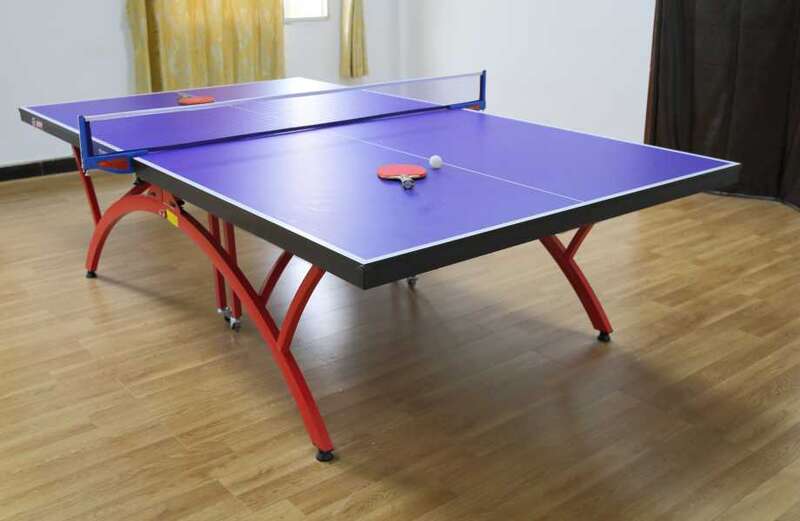PATIENTS with nerve damage could be served up a course of ping pong.
The bat and ball pastime has been found to reduce symptoms of multiple sclerosis and Parkinson’s disease.


Both are incurable and cause vital nerves to break down over time — meaning the sufferer gets weaker and stiffer as they lose control of their muscles.
But table tennis improves hand-eye coordination and muscle strength — both hit by the degenerative illnesses.
Dr Antonio Barbera, who was diagnosed with MS in 2016, has played ping pong for years and is running a clinical trial in a bid to prove its medical benefits.
 From tongue scraping to saying no, here are 12 health trends to try in 2023
From tongue scraping to saying no, here are 12 health trends to try in 2023
He said: “I believe it has the potential to revolutionise MS therapy.
“Ping pong really challenges our brain much more than any other activity because it is so fast.
“Not only do our eyes, hands and feet need to be in sync, but we must process information in less than half a second for the paddle to react to the ball.”
The trial comes after Spurs footballer Son Heung-min dislocated his finger in a row with South Korean teammates for playing ping pong.
But Dr Barbera insists the sport can improve mobility, balance, flexibility and strength in those with MS.
In his study, patients will play for two hours a week.
Caitlin Astbury, from the MS Society, said: “There’s a real possibility table tennis could help people with MS.”
A separate study in 2020 found Parkinson’s sufferers saw significant improvement in speech, writing, and walking after five months of regular ping pong.
NHS doctors are encouraged to do more “social prescribing” — telling patients to stay healthy with activities like gardening, painting, cooking and sports instead of relying on medicine.


































